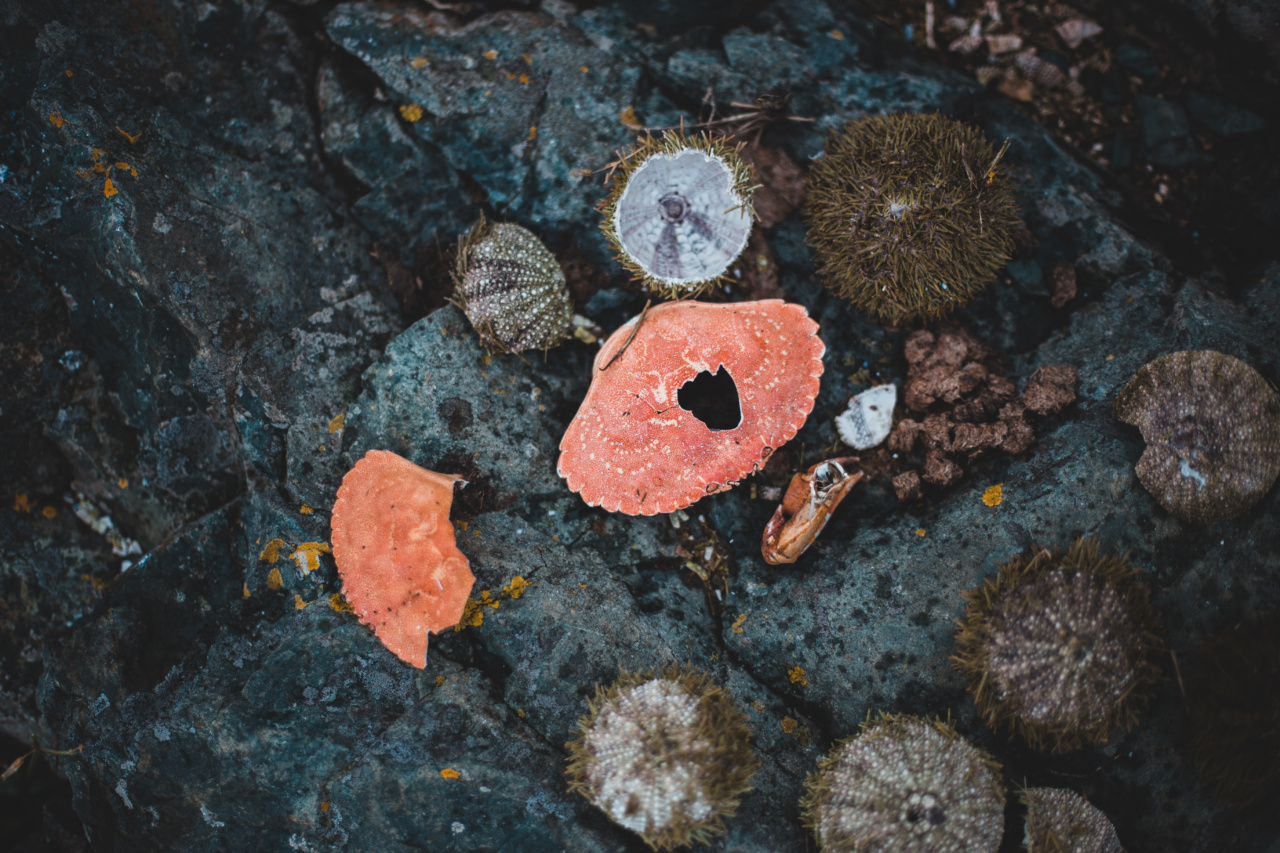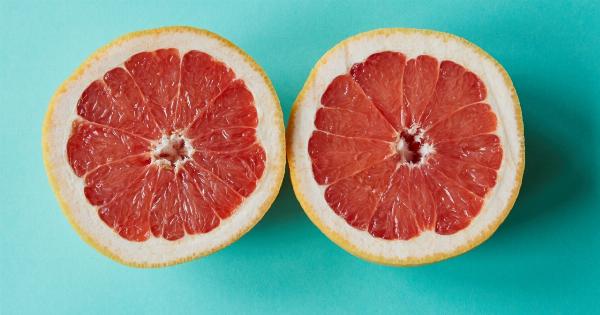Kidney stones are hard deposits that form in the kidneys and can cause extreme pain and discomfort. They vary in size and shape and are composed of different substances.
Understanding the different species of kidney stones and their causes can help individuals take precautionary measures to reduce the risk of developing these painful stones.
1. Calcium Stones
Calcium stones are the most common type of kidney stones, accounting for approximately 80% of cases. These stones are typically made up of calcium oxalate, but can also consist of calcium phosphate or a combination of both.
High levels of calcium and oxalate in the urine contribute to the formation of these stones.
2. Struvite Stones
Struvite stones, also known as infection stones, are formed as a result of urinary tract infections. These stones can grow rapidly and reach unusually large sizes. They are composed of magnesium, ammonium, and phosphate.
Bacteria that cause urinary tract infections create an alkaline urine environment that promotes the formation of struvite stones.
3. Uric Acid Stones
Uric acid stones form as a result of high levels of uric acid in the urine. They are more common in individuals who have a diet high in purines, a substance found in certain foods such as organ meats, seafood, and alcoholic beverages.
Conditions like gout and dehydration can also increase the risk of developing uric acid stones.
4. Cystine Stones
Cystine stones are rare and are caused by a genetic disorder called cystinuria. Individuals with this condition have an abnormality in the transportation of certain amino acids, including cystine, in the kidneys.
As a result, cystine builds up in the urine and forms crystals that can lead to the formation of stones.
5. Other Stones
In addition to the four main types mentioned above, there are also other less common types of kidney stones. These include:.
- Brushite Stones: These stones are composed of calcium phosphate and are often associated with urinary tract infections.
- Xanthine Stones: Xanthine stones are rare and are caused by a genetic condition called xanthinuria.
- Drug-Induced Stones: Certain medications, such as indinavir (used to treat HIV), can lead to the formation of kidney stones.
Causes of Kidney Stones
Now that we understand the various species of kidney stones, let’s delve into their underlying causes:.
1. Dehydration
Insufficient fluid intake can cause the urine to become concentrated, increasing the risk of kidney stone formation.
When there isn’t enough water available to dilute waste substances, such as calcium and oxalate, they can crystallize and form stones.
2. Diet
A diet high in certain substances can contribute to the development of kidney stones. Foods that are rich in oxalate, such as spinach, rhubarb, nuts, and chocolate, can increase the risk of calcium oxalate stones.
Similarly, a diet high in purines can lead to the formation of uric acid stones.
3. Family History
Kidney stones can run in families. If one or both parents have a history of kidney stones, their children may be more susceptible to developing them as well.
This can be attributed to genetically inherited abnormalities in the way the kidneys handle certain substances.
4. Obesity
Obesity is a risk factor for kidney stones. High body mass index (BMI) and large waist circumference increase the likelihood of developing kidney stones.
This may be due to the association between obesity and metabolic disorders that affect urinary chemistry.
5. Medical Conditions
Several medical conditions can increase the risk of kidney stone formation.
These include urinary tract infections, certain types of kidney disease, hyperparathyroidism (overactive parathyroid glands), and gastrointestinal disorders that affect the absorption of calcium and other substances.
6. Medications
Certain medications can contribute to the formation of kidney stones. This includes diuretics, antacids containing calcium, and certain antiretroviral drugs used in the treatment of HIV.
Prevention and Treatment
The prevention and treatment of kidney stones depend on the underlying cause. However, adopting certain lifestyle modifications can help reduce the risk of stone formation:.
- Stay Hydrated: Drink an adequate amount of water throughout the day to keep urine diluted, thereby reducing the concentration of stone-forming substances.
- Watch Your Diet: Limit foods high in oxalate and purines, and maintain a balanced diet rich in fruits, vegetables, and whole grains.
- Control Your Weight: Maintain a healthy weight through regular exercise and a well-balanced diet to reduce the risk of obesity-related stone formation.
- Manage Underlying Medical Conditions: Treat any medical conditions that contribute to kidney stone formation, such as urinary tract infections or hyperparathyroidism.
Conclusion
Kidney stones come in various species, each with its own unique composition and causes.
Understanding the differences between calcium stones, struvite stones, uric acid stones, cystine stones, and other less common stones allows individuals to take proactive steps in preventing their formation. By adopting healthy lifestyle habits, such as staying hydrated, following a balanced diet, managing body weight, and treating underlying medical conditions, one can reduce the risk of developing painful kidney stones.






























